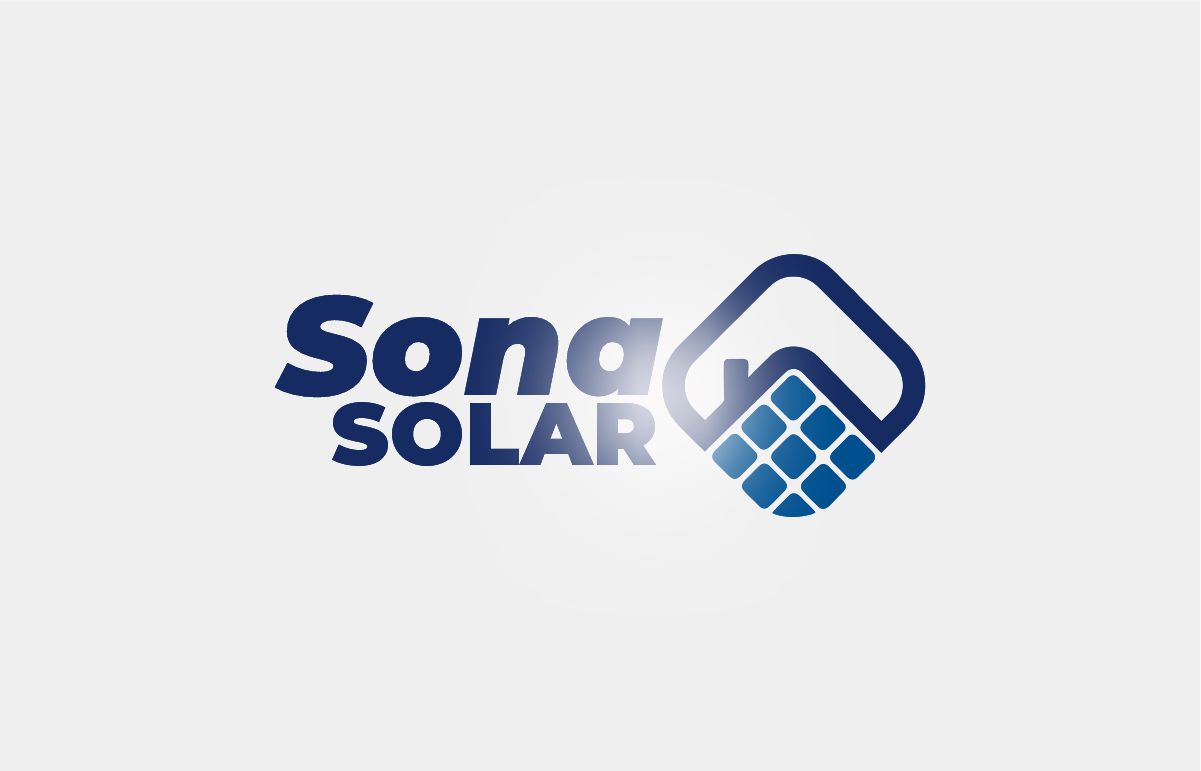When planning your switch to solar energy, understanding the technical specifications of solar power systems is crucial.
Often, you will encounter two terms: kW and kVA. While they may seem interchangeable at first glance, these units hold distinct meanings with significant implications for your solar setup.
Understanding KW (Kilowatt): Real Power Output
A kilowatt (kW) is a unit of real power, representing the actual amount of electrical energy a system can produce or consume at any given moment. In the context of solar power systems, a kW rating tells you the system's maximum power output in watts.For example, a 5 kW solar panel array can generate 5,000 watts of electricity under ideal conditions.
Here's what to keep in mind about kW ratings:
- Focuses on Output: kW ratings solely consider the system's power production capacity.
- No Voltage or Efficiency Consideration: These ratings don't account for voltage drops or system efficiency, which can impact actual output.
- Capacity Indicator: kW ratings can also represent the overall system capacity, encompassing the number of panels, their wattage, and overall efficiency.
Unveiling KVA (Kilovolt-Ampere): A More Comprehensive Measure
A kilovolt-ampere (kVA) is a unit of apparent power, encompassing both active power (kW) and reactive power. Reactive power doesn't contribute to actual work done but can affect system efficiency..jpg) |
| A Guide to Choosing the Right-Sized Solar Power System for Your Business or Home |
In solar systems, kVA ratings typically describe the inverter's capacity. The kVA rating takes into account:
- Power Output (kW): Just like kW, it considers the system's real power output.
- Voltage: This factor significantly impacts the total power a system can handle.
- Efficiency: System losses due to factors like heat generation are reflected in the kVA rating.
For instance, a 5 kVA inverter might be able to deliver 4 kW of real power (usable output) and handle the remaining 1 kVA of reactive power generated by inductive or capacitive loads in your system.
Why This Matters: Choosing the Right System
Understanding the difference between kW and kVA is essential for selecting the optimal solar power system for your needs. Here's why:- Matching Expectations: If you purchase a system rated in kW based on panel output, you might be disappointed if voltage drops or inefficiencies affect the usable power. Conversely, a kVA rating helps manage expectations for real power output after accounting for these factors.
- System Sizing: When evaluating a kW-rated system, consider factors like design, total kW capacity, efficiency, and expected performance under various conditions.
Making Informed Decisions: Beyond kW and kVA
While kW and kVA are crucial concepts, a comprehensive evaluation requires considering additional factors:- System Design: The type and number of panels, inverters, and other equipment all play a role in system performance.
- System Size: The total kW capacity determines how much power the system can generate.
- System Efficiency: Efficiency losses can impact the actual power output from your kW rating.
- System Performance: Real-world factors like shading, temperature, and weather can affect power generation.
By understanding kW, kVA, and these additional considerations, you can make informed decisions when choosing a solar power system. Don't hesitate to ask your solar provider to explain the specifications and ratings of the systems they offer. This knowledge empowers you to select a system that perfectly matches your energy needs and ensures a smooth transition to solar power.

Sona Solar Zimbabwe
Sona Solar Zimbabwe
7 Frank Johnson Avenue,
Avenues, Eastlea
Harare, Zimbabwe.
Call Us Today:
Solar Sales:
+263 78 293 3586
Solar Sales:
+263 78 922 2847
Operations:
+263 78 864 2437
Sona Landline:
+263 24 2797750
Email:
sonasolarzw@gmail.com
Website:
www.sonasolar.co.zw

Borehole Experts Zimbabwe
Borehole Experts Zimbabwe
7 Frank Johnson Avenue,
Avenues, Eastlea
Harare, Zimbabwe.
Call Us Today:
Borehole Sales:
+263 77 389 8979
Borehole Sales:
+263 71 500 3777
Borehole Operations:
+263 71 918 7878
Borehole Landline:
+263 24 2797750
Email:
boreholeexpertszw@gmail.com
Website:
www.boreholeexperts.co.zw





